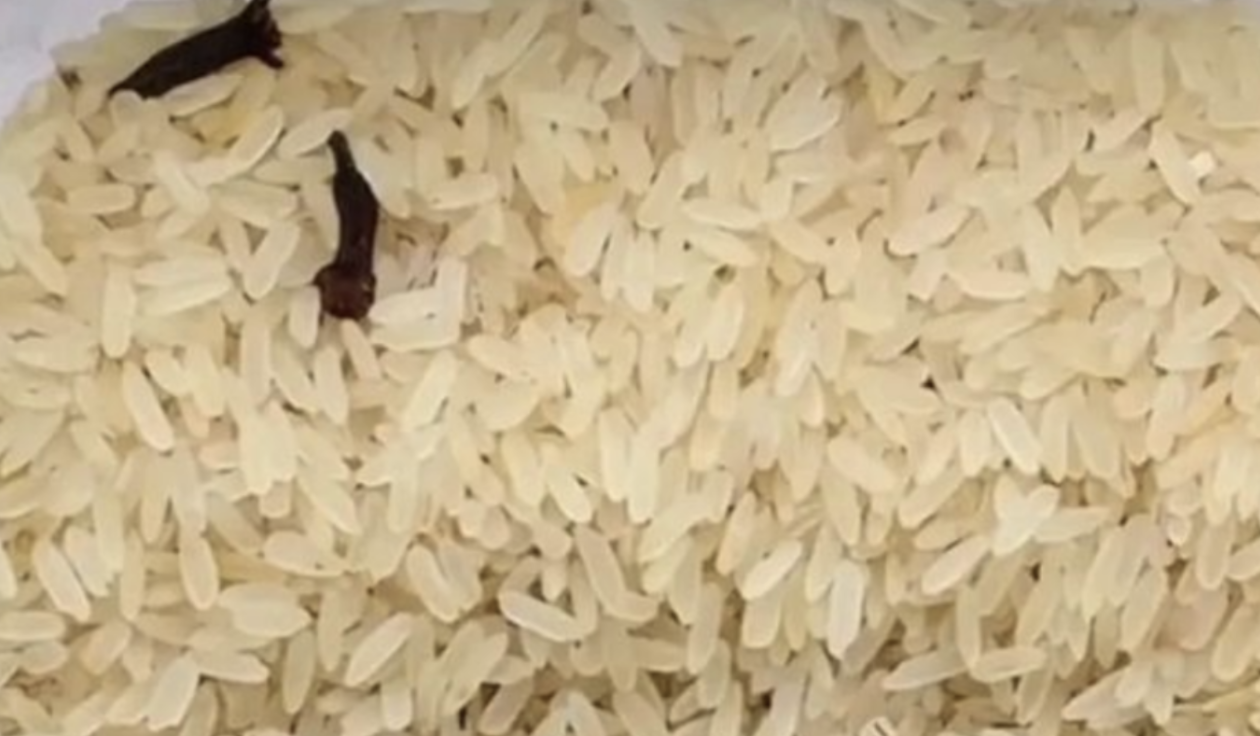Have you ever found unexplained black marks appearing in your kitchen? It can be quite alarming to discover these mysterious dots, but fear not! We are here to shed some light on the surprising culprit behind these marks.
One woman experienced the same situation in her own kitchen. The black dots first appeared on her kitchen tiles, and then she found them on top of her PC, which she kept in the kitchen. Baffled and concerned, she turned to the internet community for help. Little did she know, the answer she would find was quite unexpected.
A fellow community member suggested that these marks might be spider droppings. Yes, you read that right, spider droppings! Unlike what we commonly associate with droppings, spider excrement resembles ink stains. It often appears as dark splashes or droplets on walls and surfaces.
Now, before you start panicking, let’s understand spider behavior and the real impact of spider droppings. Spiders might evoke fear in many people, but experts in the pest management industry assure us that spiders pose less of a health risk compared to other pests like mice or flies, which can contaminate our food.
But what about the health risks associated with spider droppings? Do spider droppings contain harmful pathogens? Can spiders that live indoors be dangerous to our health? These are valid questions that deserve answers.
While studies have shown the presence of pathogenic bacteria in the droppings of flies, less research has been done on spiders and their droppings. However, Melissa Gaver-Wainwright, an entomology graduate student at Washington State University, conducted a preliminary study that yielded interesting results.
Gaver-Wainwright analyzed a fecal sample from a sterilized container and found no identifiable germs in spider feces. This finding raised intriguing possibilities. It turns out that certain spiders’ venom and blood contain antibacterial properties. These properties could explain the lack of microorganisms observed in spider droppings. They have been found to be effective against bacteria like E. coli, Staphylococcus spp., Enterococcus spp., and Pseudomonas spp.
Although Gaver-Wainwright’s study provides fascinating insights, more research is needed to determine if other species of web-building spiders also have bacteria-free droppings. Different approaches might yield different results.
To ensure a clean and worry-free kitchen space, it is important to prioritize controlling filth flies rather than focusing solely on spiders. However, it’s still essential to avoid spider droppings indoors. You can do this by taking simple precautions like regular cleaning, proper food storage, and limiting the presence of pests.




